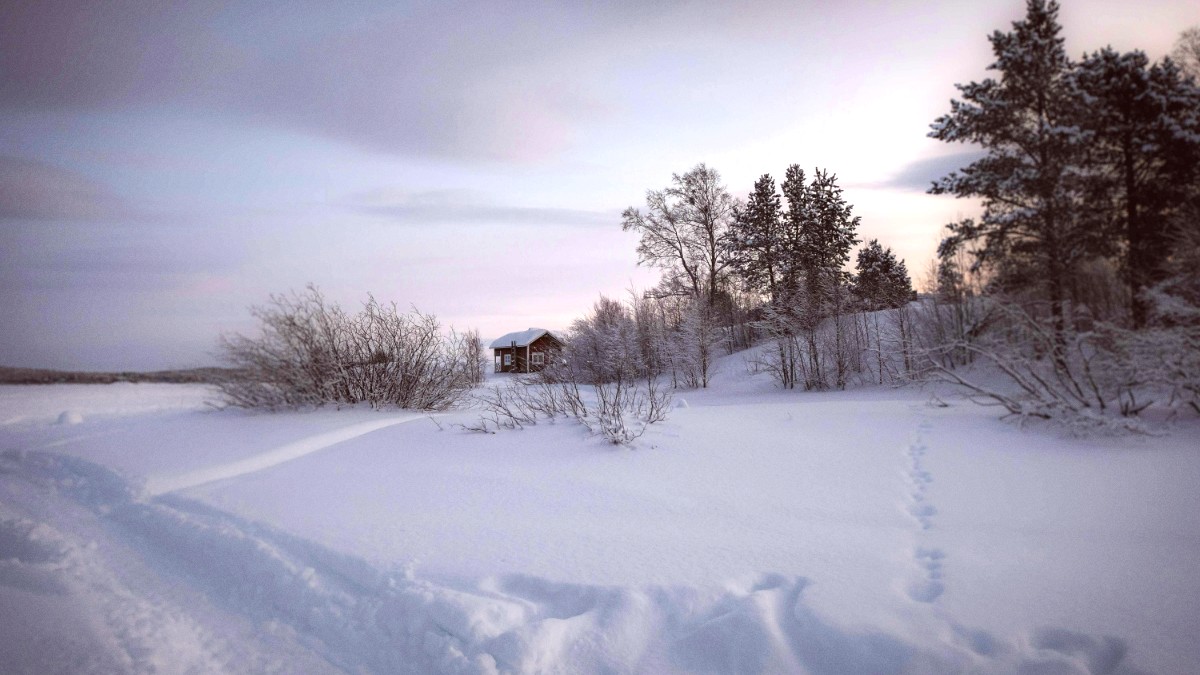
Lapland, Finland
Lapland features national parks and wilderness areas. Visitors follow "Everyman's Right" responsibly, preserving the Arctic ecosystem.
Finland operates excellent waste management and recycling systems. Separate waste into categories like paper, plastic, glass, and metal.
Finland boasts abundant clean water resources. While scarcity is not an issue, responsible water use is always encouraged.
Embrace sustainable travel by choosing responsible options and minimizing your environmental footprint.
Look for accommodations and tour operators committed to sustainability. Labels like "Sustainable Travel Finland" (STF) indicate good practices.
Consider ways to offset emissions from your travels and reduce overall waste.
Mindfulness regarding photography and proper etiquette at sacred sites is important.
Many tourism businesses in Inari are locally owned, including Sámi entrepreneurs.
Purchase authentic Sámi handicrafts (duodji) from reputable local artisans or the Siida shop.
Avoid tours or activities that exploit animals or local people. Responsible operators prioritize animal welfare and fair labor practices.
Your travel choices contribute to the local economy and communities.
Conscious spending ensures your visit positively impacts the destination.
Your choices as a traveler can support ethical and sustainable practices within the tourism sector.
Equipping yourself with sustainable gear minimizes your environmental footprint while exploring the Arctic.
Look for outdoor clothing and equipment from brands committed to environmental stewardship, such as Patagonia.
Invest in high-quality, durable gear that lasts longer, reducing the need for frequent replacements and waste.
Consider purchasing used gear when possible, supporting circular economy principles.
Being a responsible traveler protects the unique environment and cultures of Inari for future generations.
A exploration into respecting local traditions and communities in Inari.
Sámi culture receives active preservation and promotion through institutions like Siida and Sajos.
When in nature, especially near reindeer, observe and respect their space and purpose.
Different religious sites require specific conduct to show appropriate respect.
Your purchases can significantly impact local artisans and the community.
Supporting locally-owned businesses channels funds directly into the community, strengthening the local economy.
Many tourism businesses, including those operated by Sámi entrepreneurs, are locally owned.
Choosing these businesses directly supports the local community and residents.
This helps keep tourism revenue within Inari, building economic resilience.
Avoid any tours or activities that show signs of animal exploitation (e.g., poorly treated reindeer or huskies) or local people. Look for responsible operators who prioritize welfare.
By traveling responsibly and supporting ethical practices, you contribute positively to Inari's environment, culture, and economy.